L.I. How Did We Get Here? Project Description
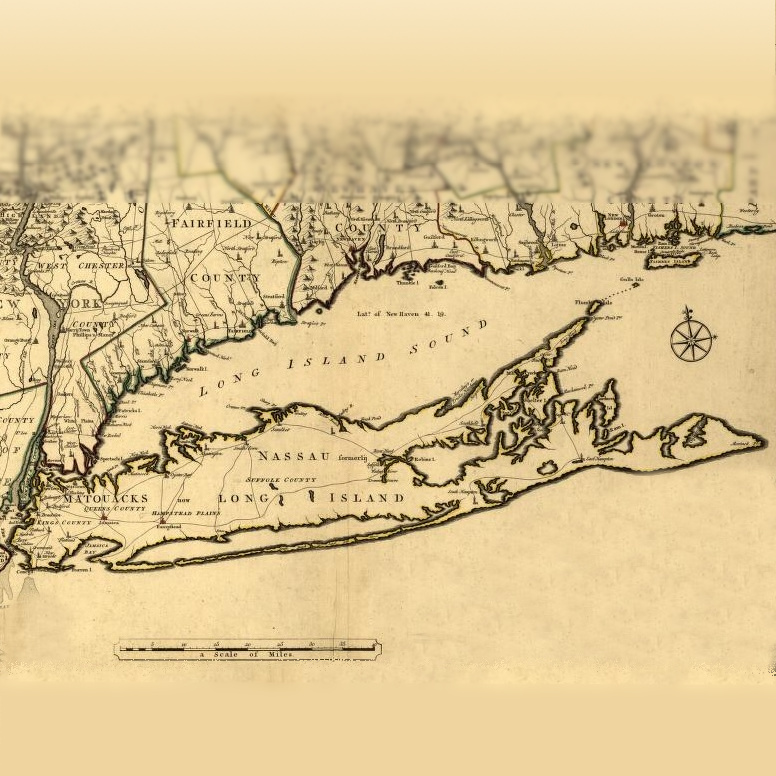
Project Description
Long Island: How Did We Get Here? was supported by a generous $1.5 million grant from the Robert David Lion Gardiner Foundation. The project was implemented by an interdisciplinary team including the Ed.D. program of the School of Education and Human Services, the Department of Political Science and History, the Office of Community and Government Affairs, the Sustainability Institute, the Office of Advancement, and nineteen doctoral candidates, Gardiner Research Fellows, who were recruited from the Educational Leadership for Diverse Learning Communities (Ed.D.) program of Molloy’s School of Education and Human Services.
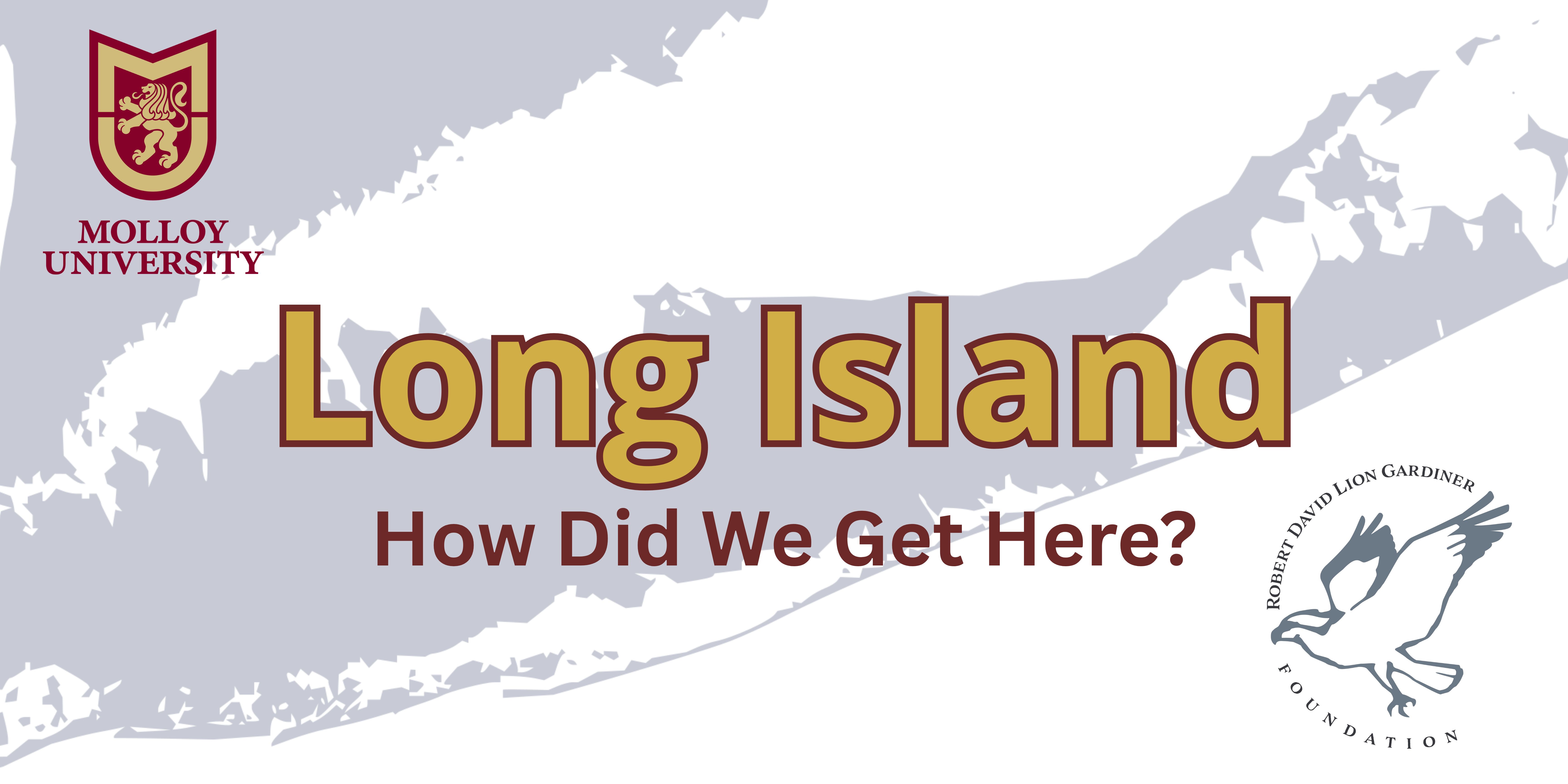
Understanding the historical underpinnings of these subjects allows policymakers and community leaders to grasp the complex interplay of factors that have influenced their development and to envision innovative solutions that build upon historical context, fostering a more holistic and context-driven approach to leadership and decision-making.
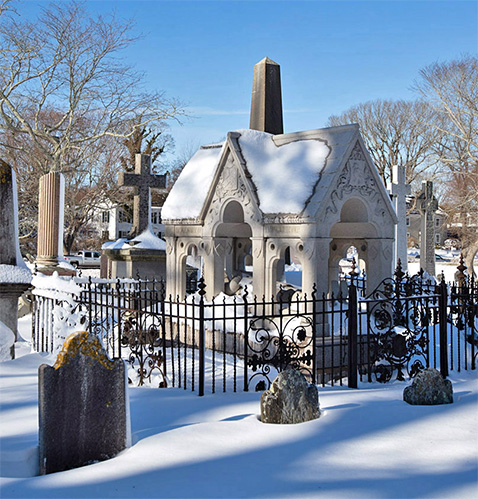
The Gardiner family has been a part of Long Island history since Lion Gardiner became the first English settler on Long Island, through the time of the American Revolution, and their 400 years of ownership and stewardship of Gardiner Island. The Robert David Lion Gardiner Foundation provides funds to local historical societies, special history repositories of records and artifact collections in area libraries, history camps, scholarship grants, and many other projects by regional institutions dedicated to preserving the lessons of Long Island’s history to be shared and appreciated now and far into the future.
"Long Island: How Did We Get Here?" promotes community education through various platforms. Public forums, seminars, and digital resources will be leveraged to disseminate knowledge and encourage open dialogue among our community leaders, as well as scholars, policymakers, and the broader Long Island community.
Gardiner Fellows conducted detailed interviews with thought leaders and decision-makers involved in key historical events, as well as interviews and focus groups with educators and students about how historical developments on Long Island impact them today.
Informed by the research of the Gardiner Fellows, the staff of the Sustainability Institute and the Office of Community and Government Affairs expanded upon materials previously prepared for issue workshops for community leaders. Timelines of historic milestones and video scripts were developed in collaboration with the Leadership Team, which met regularly throughout the project.
Project-related work is archived through Preservica, which combines all core functions for successful long-term active digital preservation and secure access into a single, intuitive, and fully supported application aligned to the OAIS ISO 14721 standard. Research products are available to the academic community and the public as part of the project materials.
The "Long Island: How Did We Get Here?" initiative culminated in the creation of a series of impactful videos. These seven videos distill the comprehensive research and historical insights gathered by the Gardiner Research Fellows into a visual narrative that connects Long Island's past with its present challenges and opportunities. By capturing the essence of each subject, these videos serve as engaging educational tools that empower the public, policymakers, and scholars to engage in meaningful discussions about the region's history and its role in shaping contemporary issues.
Project Leadership Team
Long Island: How Did We Get Here? is a cross-disciplinary project with contributions from Molloy University's Educational Leadership for Diverse Learning Communities doctoral program, the Department of History & Political Science, Office of Community and Government Affairs, the Sustainability Institute at Molloy, the Office of Advancement, and other University faculty and staff. The leadership team consists of:
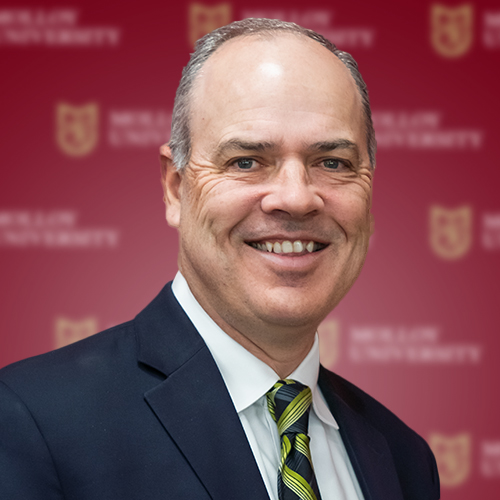
Edward Thompson, Vice President for Advancement, conceived of the project and secured funding from the RDL Gardiner Foundation.
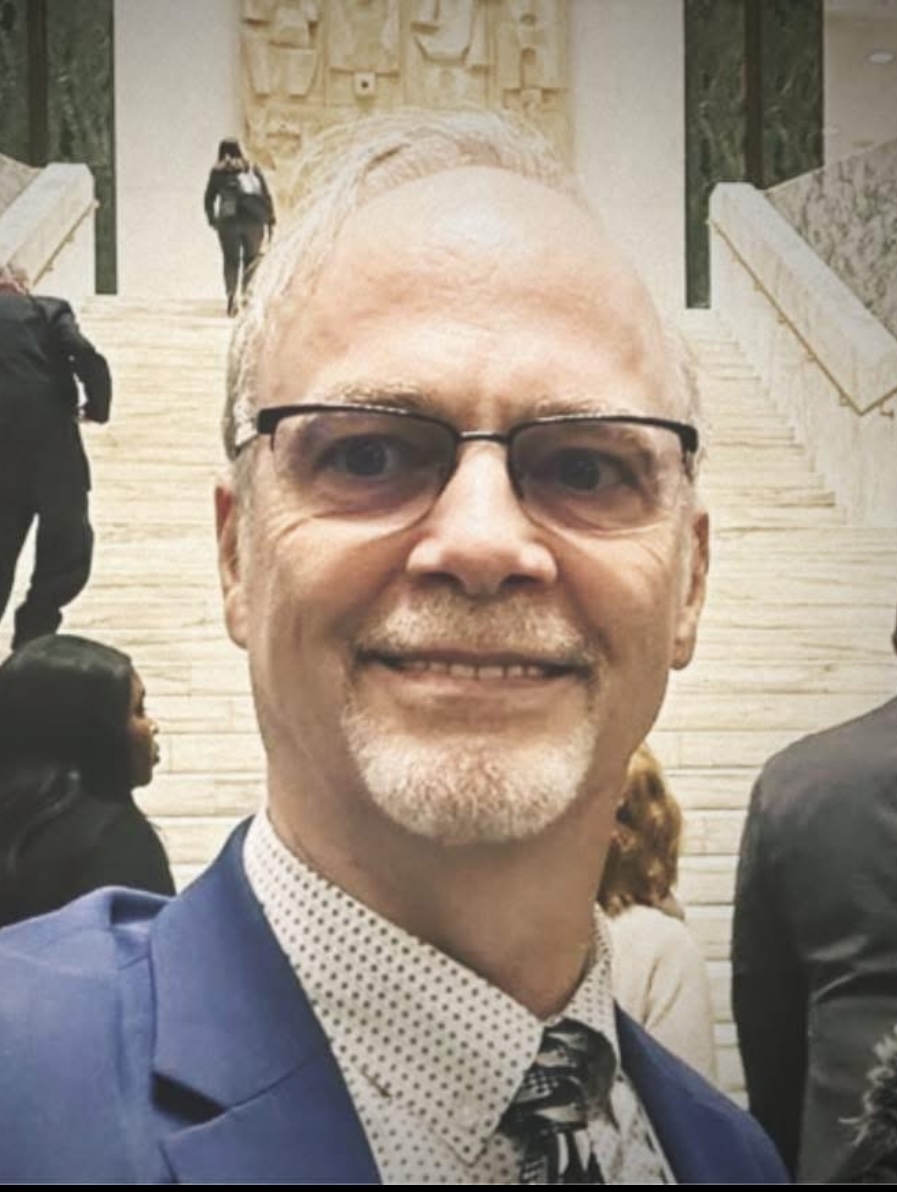
Project director: Neal Lewis, Director, Office of Community and Government Affairs
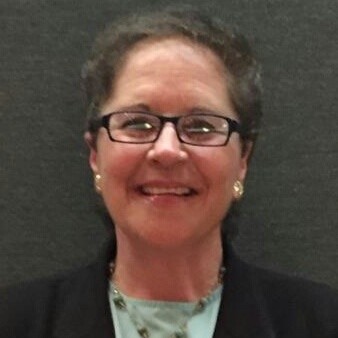
Project coordinator: Angela Zimmerman, Director of Development & Alumni Relations
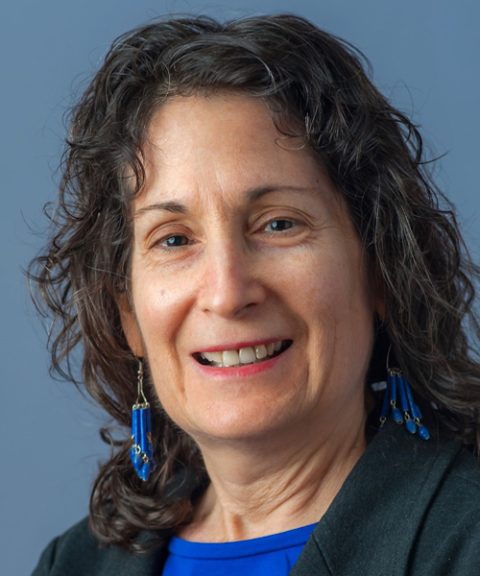
Funder liaison: Dr. Sherry Radowitz, Senior Director of Grants & Sponsored Programs
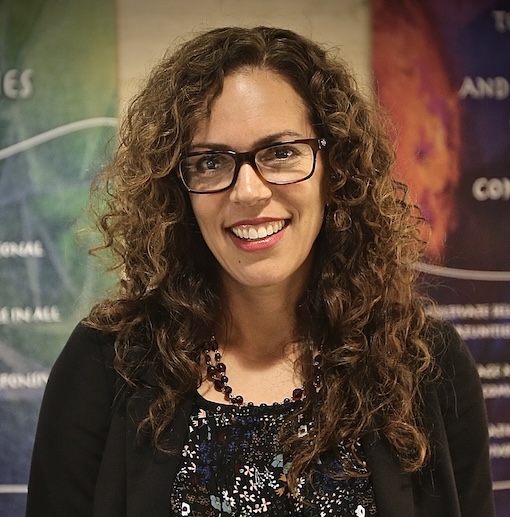
Project faculty research advisor: Dr. Allison Roda, Associate Professor of Education
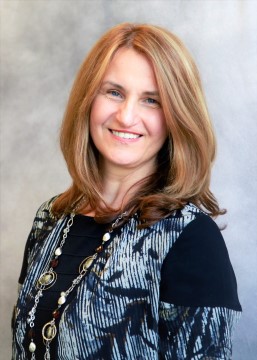
Project faculty advisor: Dr. Andrea Honigsfeld, former Dean & Director, Educational Leadership for Diverse Learning Communities doctoral (Ed.D.) program
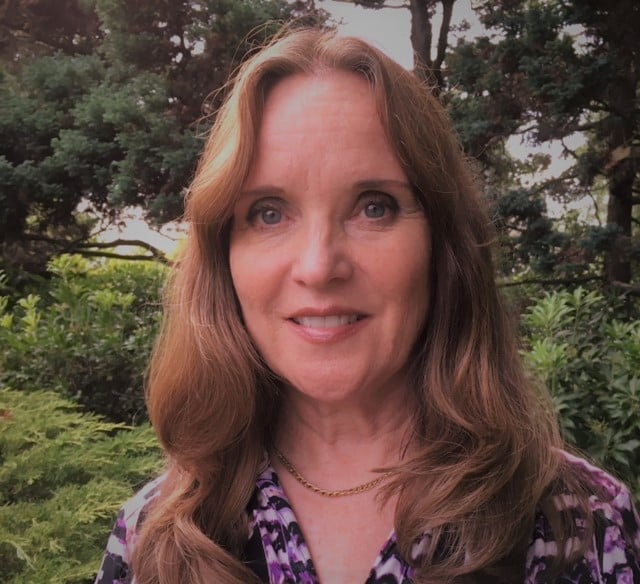
Project faculty liaison: Dr. Kathy Maurer Smith, former Dean of Graduate Academic Affairs
Project content editor: Andrew Manitt, Research Director, Sustainability Institute
Project assistant: Demosthenes Maratos, Communications Coordinator, Sustainability Institute
Faculty history advisor for "Long Island Education: Seeking Equity in Excellence": Dr. Paul Van Wie
Project archivist: Christine Yu, Assistant Director of Organizational Effectiveness
Grant manager: Deborah Waldron, Associate Director of Grants & Sponsored Programs
Project graduate assistant: Juliana Groder
Website Committee
The content and design of this website were overseen by Neal Lewis, Andrew Manitt, and Demosthenes Maratos.